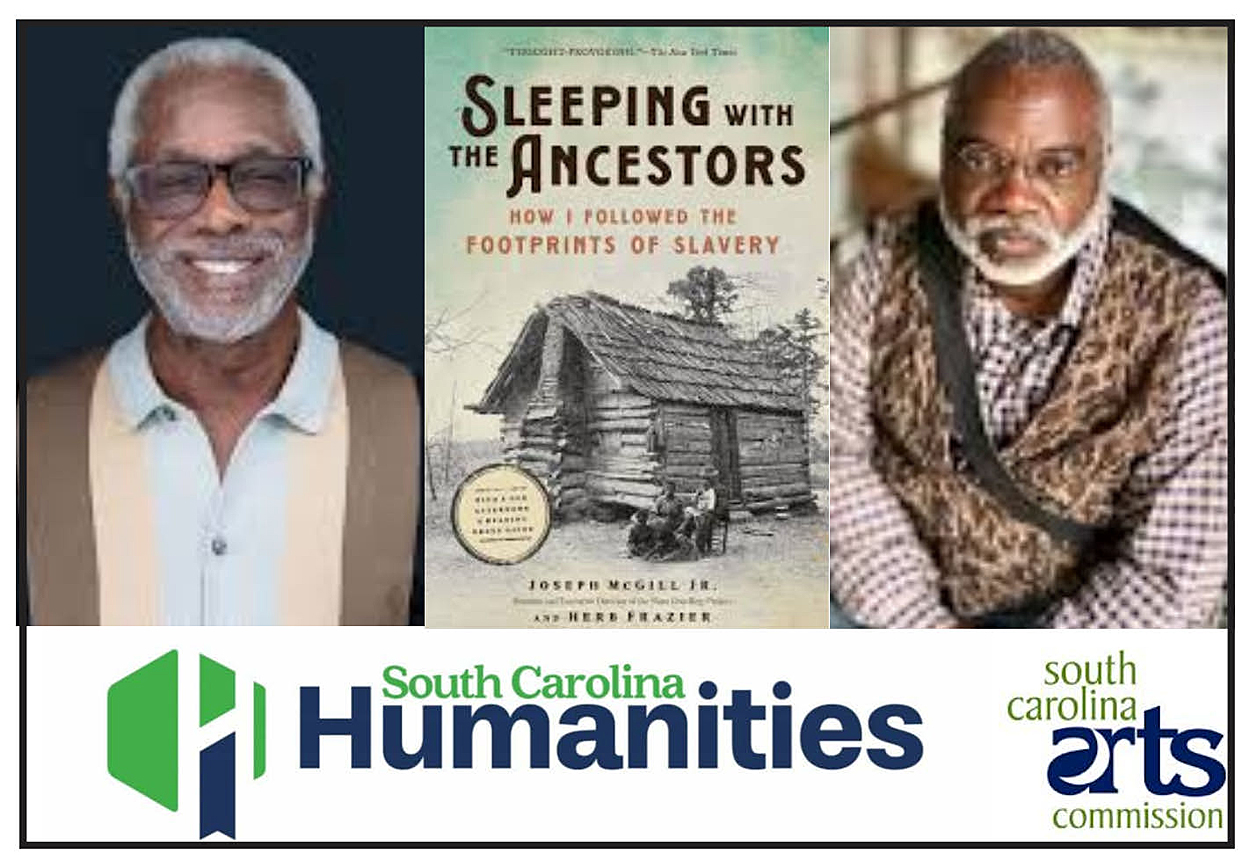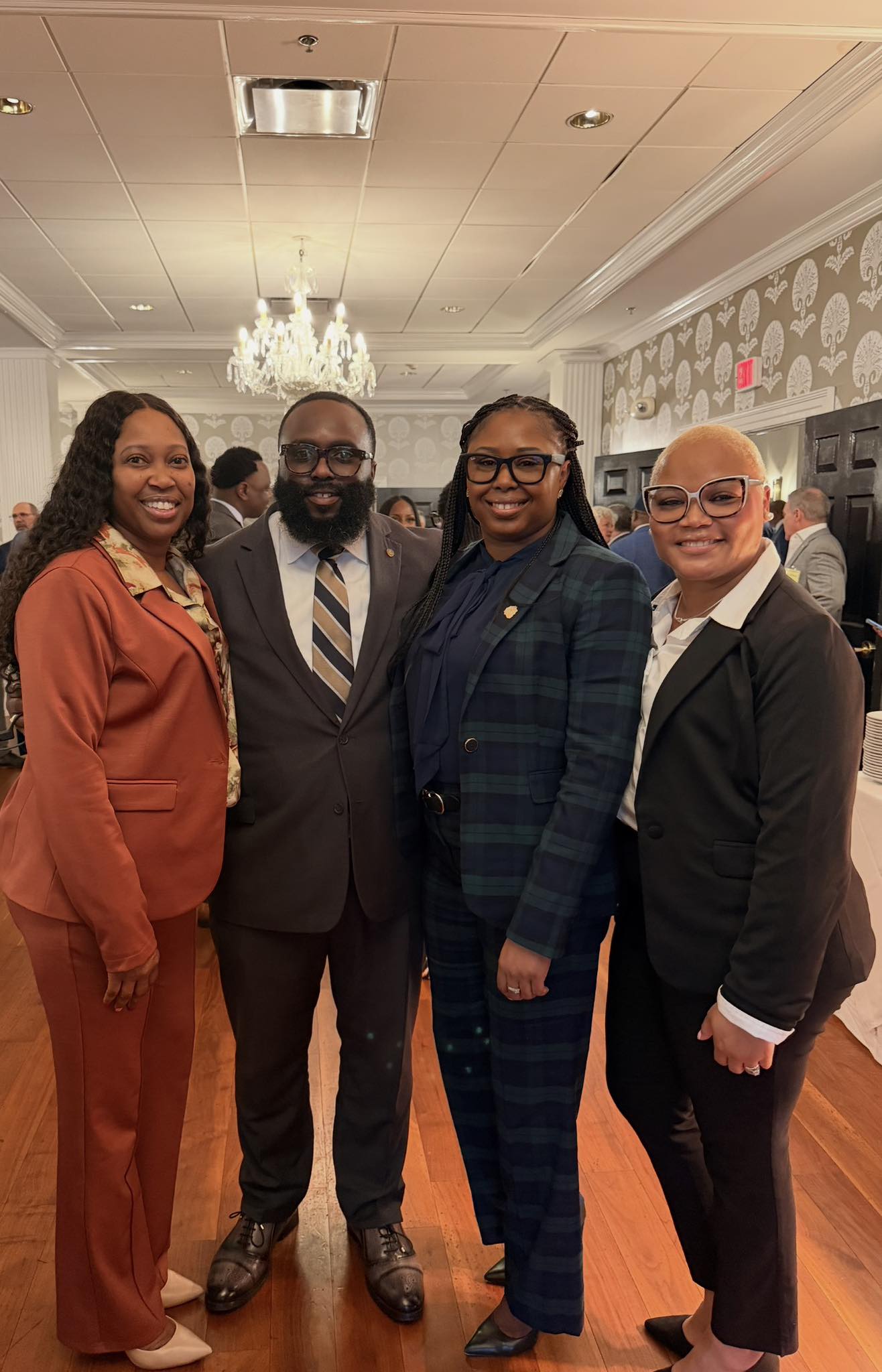The Dillon County Theatre invites the public to join them on February 6 at 7:00 p.m. for a free presentation by Herb Frazier and Joseph McGill, Jr. on their book “Sleeping With The Ancestors: How I Followed The Footprints of Slavery.”
Herb Frazier is a Charleston, South Carolina-based writer. He is a senior editor for the Charleston City Paper, and the former marketing director at Magnolia Plantation and Gardens in Charleston. Before he joined Magnolia, Frazier edited and reported for five daily newspapers in the South, including his hometown paper, The Post and Courier. Frazier’s latest book, “Sleeping With The Ancestors: How I Followed The Footprints of Slavery,” is a collaboration with Joseph McGill, founder of the Slave Dwelling Project. Herb’s forthcoming book, “Crossing the Sea on a Sacred Song,” tells the story of an ancient funeral song that links a Georgia family with a woman in Sierra Leone.
Joseph McGill, Jr., is the founder of the Slave Dwelling Project in Charleston, SC and a former history consultant for Magnolia Plantation in Charleston, S.C. By arranging for people to sleep in extant slave dwellings, the Slave Dwelling Project has brought much-needed attention to these often-neglected structures that are vitally important in the American built environment.
McGill has conducted over 250 overnights in approximately 150 different sites in 25 states and the District of Columbia. He has interacted with the descendants of both the enslaved communities and of the enslavers associated with antebellum historic sites.
McGill is co-author of the book, “Sleeping With The Ancestors: How I Followed The Footprints of Slavery.”
Doors will open at 6:30 p.m. The theatre is located at 114 North MacArthur Avenue, Dillon.
*
About South Carolina Humanities
The mission of South Carolina Humanities is to enrich the cultural and intellectual lives of all South Carolinians. This not-for-profit organization presents and/or supports literary initiatives, lectures, exhibits, festivals, publications, oral history projects, videos and other humanities-based experiences that reach more than 250,000 citizens annually. South Carolina Humanities receives funding from the National Endowment for the Humanities as well as corporate, foundation and individual donors. It is governed by a volunteer Board of Directors comprised of community leaders from throughout the state.
About the South Carolina Arts Commission
The mission of the South Carolina Arts Commission is to promote equitable access to the arts and support the cultivation of creativity in South Carolina.






